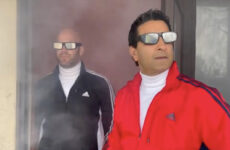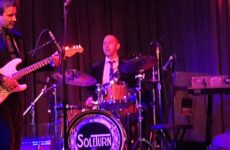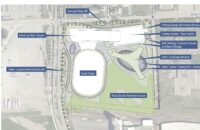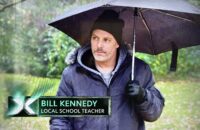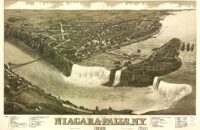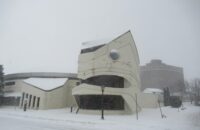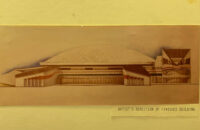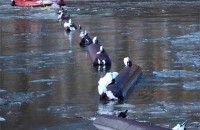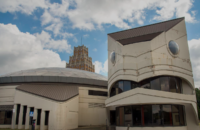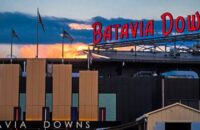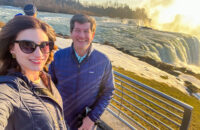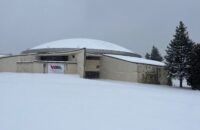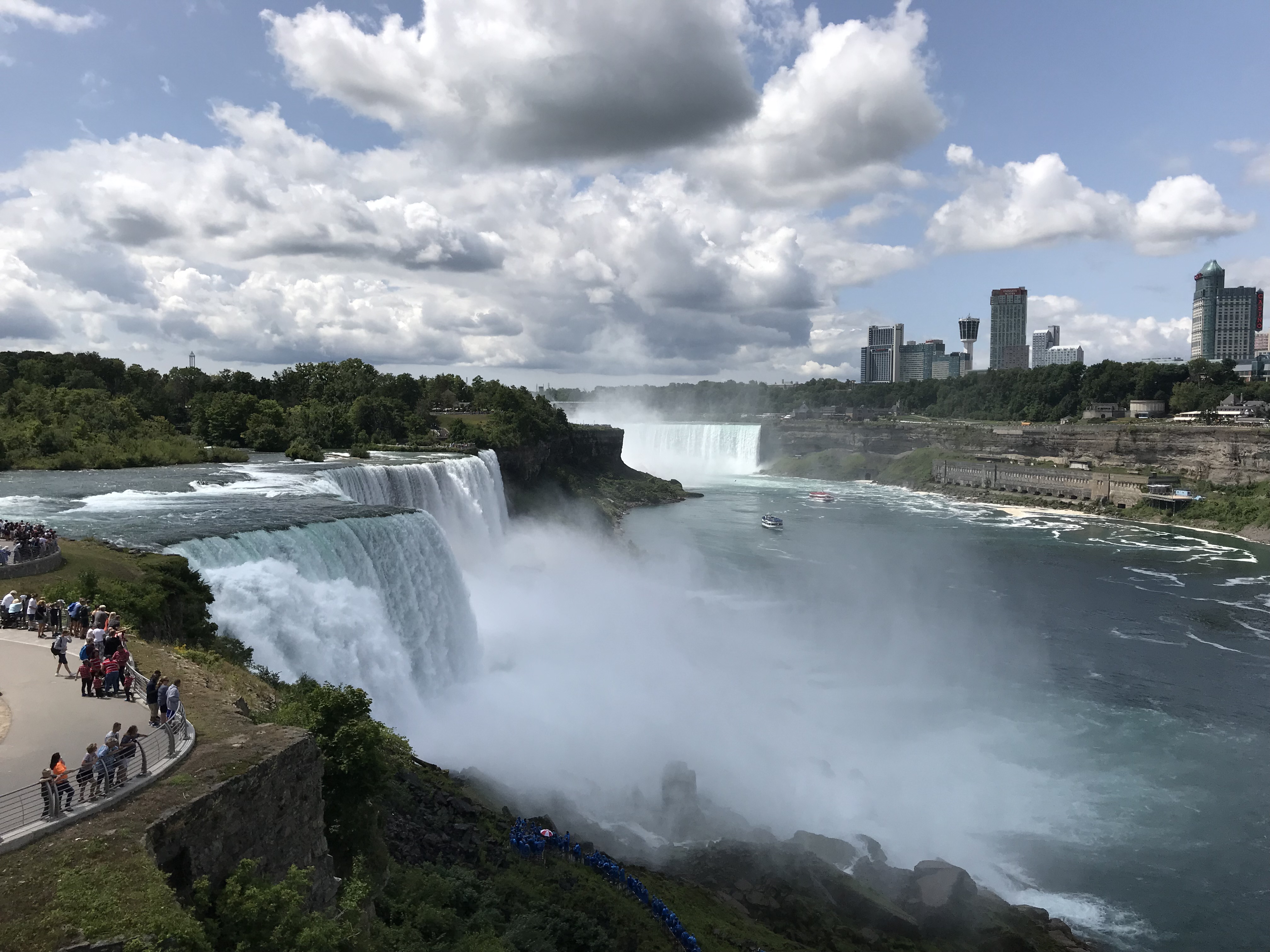by Joseph Kissel
Falls residents participating in Airbnb’s online room-rental service began receiving “cease and desist” letters from the city this week.
“Please be advised this Department is in receipt of a complaint regarding the establishment of a bed and breakfast/vacation rental at the above referenced premises,” reads a letter from Code Enforcement for the City of Niagara Falls.
“Be advised the proper approvals and permits have not been issued for the bed and breakfast/vacation rental.”
The city says anybody who’s listed on the Airbnb website will need to become complaint with the city regulations for operating a bed and breakfast.
“We’re not a hotel,” said one Airbnb host in Niagara Falls. “We’re not a bed and breakfast. We’re hot a hostel. We are a sharing economy. It’s a different type of business model.”
This “superhost” — meaning he consistently receives the highest ratings — does not serve food as part of his Airbnb arrangement, he said.
However, that doesn’t exempt him from being identified as operating a “bed and breakfast,” which according to the city, simply means he lives there while renting out a room.
The city code enforcement department indicated that a “vacation rental” ordinance would soon be introduced to the planning board and eventually the city council. Prohibited rental activities would then include people who rent their homes while not residing in them.
To be registered as a bed and breakfast, Airbnb hosts would have to submit an architect’s drawing indicating the necessary code compliance. That would include hardwired smoke and carbon monoxide detectors that trigger simultaneously in each rental room — if there’s more than one.
A rental room in a bed and breakfast cannot be on the third floor of a building. And while the exterior exit for a second-floor room rental can be a window, it should be no more than 14 feet from the sill to the ground.
Meanwhile, residents here renting rooms to stay afloat in the highest-taxed city in the highest-taxed state are organizing to see what they can do about it.
The group, called the Niagara Falls Tourist Home Assoc., is promoting the responsible use of tourist rental dwellings.
“If I had to start paying [bed] taxes, I might stop doing it,” the Airbnb host said.
Meanwhile, councilwoman Kristen Grandinetti said she was aware that some residents have been receiving the code-enforcement letters. However, she declined to comment further on the matter, saying she wanted to keep her activities as a recently registered bed-and-breakfast owner separate from her duties as a city official.
Will she be going to the meeting?
“That’s my business,” she said.
An additional factor regarding code enforcement is what zoning district the Airbnb host operates in. Some districts have stricter codes than others.
“Should you fail to comply with this directive, this Department shall advise the Corporation’s Counsel to initiate legal action against you,” the code enforcement letter read. “Such action shall result in fines and penalties levied against you to obtain the required compliance.”
Those gathered at this week’s meeting of Airbnb hosts in the city will certainly have plenty to discuss, including the costs of becoming compliant with the city.
The silver lining to this recent complication for Airbnb hosts is that as reported here last week, John Percy, head of the Niagara Tourism and Convention Corp., said there are no immediate plans to lobby lawmakers to institute a “bed tax” on Airbnb hosts.

